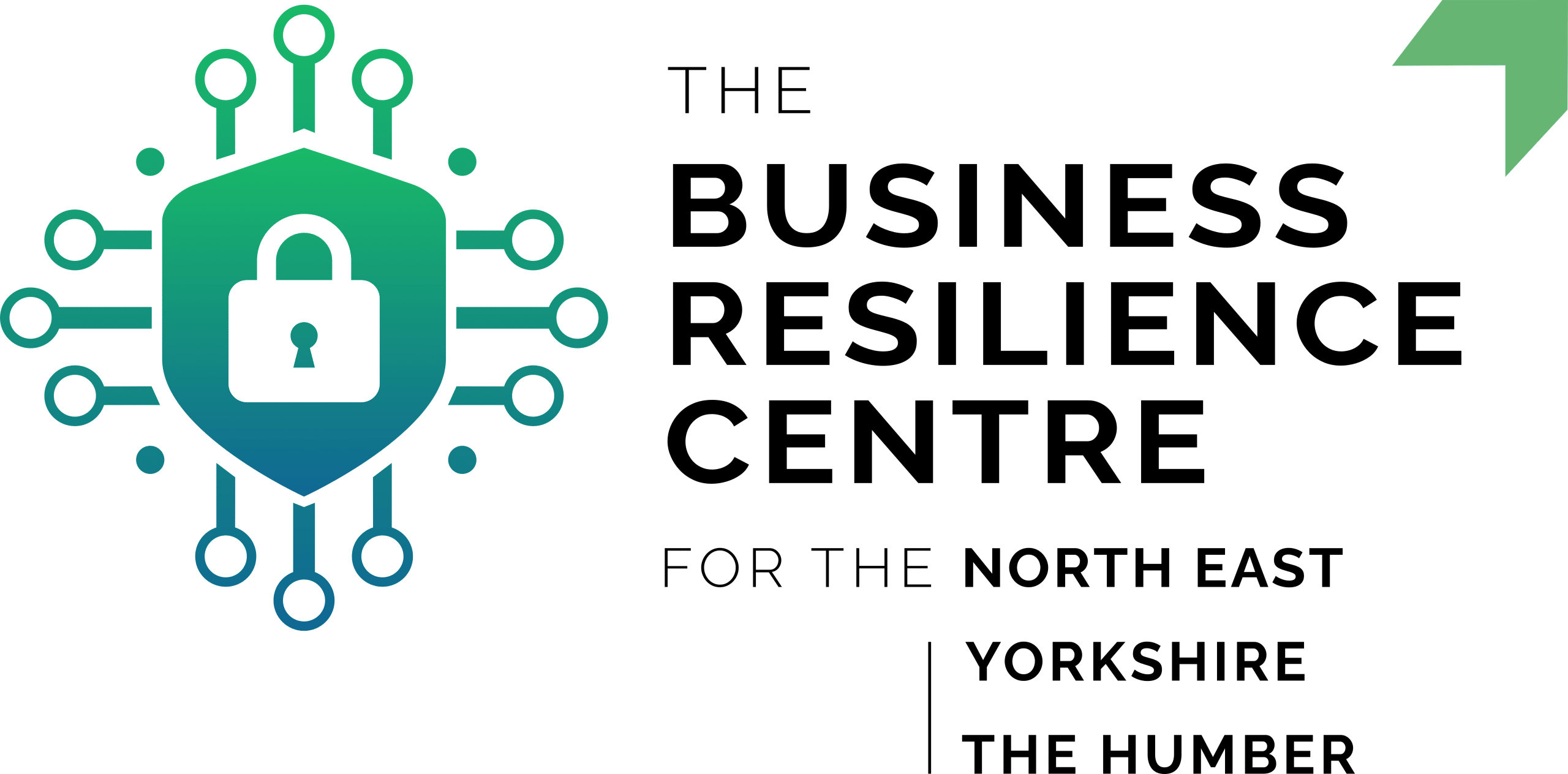With cases increasing over recent months, Lloyds Banking Group has issued a warning on impersonation fraud as cases rise by 13%. The public should be extra vigilant for fraudsters pretending to be from banks or finance organisations and asking for money or verification details.
Impersonation fraud is where a fraudster convinces their victim to make a payment, or give personal or financial details, by pretending to be someone else.
According to industry figures, in 2023 victims of impersonation fraud lost over £3,000 on average and it’s not just banks that are being used as covers to dupe victims into handing over their financial details – household names including Amazon, Royal Mail and BT have also been used to lure unsuspecting people into making payments to scammers, with businesses as well as individuals being targeted.
It is estimated by national police-led Action Fraud that more than £2 billion worth of reported fraud has been logged in less than a year.
Here are some red flags to watch out for:
• Be suspicious of any unsolicited contact that involves a financial transaction.
• Be suspicious if your bank calls and claims your account is under attack and money has to be transferred to a ‘safe account’. If you are in any way suspicious hang up or delete the message.
• Bank fraud departments will never ask you to make a transfer.
• Never give your security or personal details to anyone over the phone or by text. If in doubt, hang up and then call or contact your bank or organisation via their official website contact details.
• Be wary of fraudsters sending emotive texts or email requests for financial help, while posing as a relative or friend. Often the tone or greetings will seem ‘off’ even though they claim to know you.
• Look out for slight variations in spellings in email addresses so at first glance it looks genuine. Spelling and grammar mistakes in the body text can also be a giveaway.
For further help and support on business fraud sign up for the NEBRC’s free core membership, the NEBRC is a business resilience centre set up to support organisations from online crime and fraud across the region.

